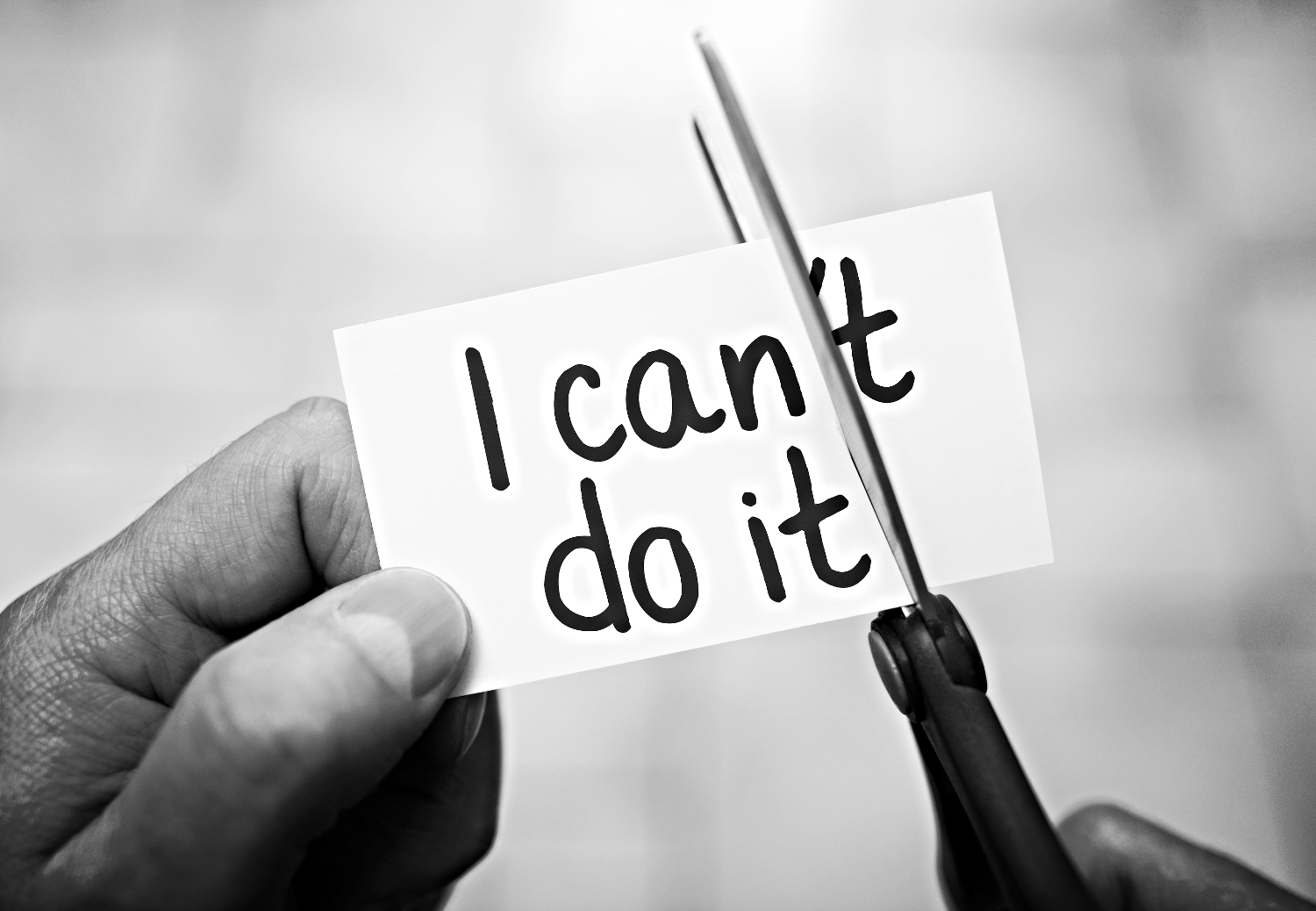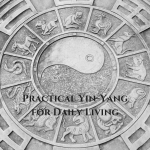When you were young, did you know you had super powers? Choose a time when you were a kid and had to do something difficult. It could be anything. Maybe you faced a tough math problem in school or you just couldn’t figure out how something worked. For me, I recollect wanting new “clothes” for my action figures in elementary school. It was one thing to have my parents take me to Toys R Us to find new characters for my stories, and another to want those same characters in new outfits. If the toy companies didn’t sell them in new outfits, tough luck. I couldn’t have them.
Or couldn’t I?
At some point my friends and I grew tired of having to wait for the next character to come out. Often they released along with the television series. New episodes, new styles. So we decided we would create our own versions of these characters, and we did by…
Unscrewing the back of the toys. Most screwdrivers we could find were too large to fit in the back of the action figures, so we improvised by peeling off the cover of bobby pins (the kind the girls used for their hair, yes) and used the flat heads to unscrew. Once done, the body disassembled. Head, arms, chest and legs would split apart. Learning this technique, we started separating and putting together new figures. If we wanted one character to have a new costume, we’d just take his head and put it on another body. Snake Eyes could be in his original ninja suit or in an army uniform. We were in control and tripled the amount of characters by doing this.
We became so proficient that we started an informal trading market on the block. The kids would create new figures and show them for trading. At 8 years old this was serious business. Hardly any of us had “original” characters anymore.
As I look back and consider a valuable conversation with a friend earlier this week, there are 2 capacities demonstrated in this example that adults tend to lose with age:
Intuition & Imagination and along with:
– Ingenuity – seeing situations from unique angles to make discoveries
– Persistence – endurance to keep trying despite setbacks
– Immunity to what appear to be roadblocks
This kind of thinking didn’t dissipate for me over time; it only transformed and applies now to higher tasks and responsibilities. And I can say retaining this intangible “thing” enables a different order of thinking that problem solves not by force, but with gusto.
As children we have no one to take care of (people take care of us) and generally a regimented way of life dictated by others: go to school, be home by a certain time, do these activities, have these friends, eat this food, do this, do that. As adults we also tend to develop a regiment: go to school, go to work, do these activities, have these friends, eat this food, have this vacation, have these experiences, do this, do that. All with the added bonus of taking care of others (blood family, friends or romantic). Not much alters externally, so aside from the obvious pubescent transformation, what accounts for the dramatic change?
When we’re children, we come out of the womb with a super power called imagination. By default it’s open, unlimited, energetic and eager to explore. Intuition provides the inner guidance system, the brain in the gut, the instinct that gives us immediate understanding of things. The child’s natural state is abundant enthusiasm and fiery passion for life.
We’re designed to think limitless thoughts. It also means our natural state is far from fear, cowardice, low energy and dispassionate, passive living.
Ever see a child who quits? I’ve never seen it. Unless there’s outside interference, like people telling the child in some way she can’t, that kid will keep trying and trying and trying until she falls out too tired to try anymore. Even then the concept of “I can’t” doesn’t exit in the mind. This means our limits are learned.
As we grow older, we engage more people and our circle starts including more adults. These adults, if they haven’t retained their super powers end up hurling their self-imposed limitations on us. Since we see their words, actions and beliefs as authority and the truth, we listen and also begin to believe in those limits.
If we can go from an imagination that’s limit-less to one that’s limit-ed, and all that was done was a change of belief, it means we self-limit. Like a Halloween mask, we cover our imaginative power and it dulls over time. Quite the catastrophe considering how important imagination is. Look around and everything aside from nature you see is a product of human imagination. Someone built it, brought it to physical form by using the combination of intuition and imagination, from the thought to the tangible.
With this self-limiting mask, we then live in the world with what we believe to be truths and these truths set the boundaries for what we become capable of. With enough years of these beliefs hammering at us, we develop mental habits. They become ingrained and sink beneath our conscious thinking. Now they become basic assumptions. Without analyzing why we believe what we do, we eventually just accept the way life manifests for us because this is what we expect.
Although we use our intuition and imagination daily, it never turns off, it does turn down. We no longer see the world as full of possibilities, only as a collection of wishes and settling. A few examples include:
Not seeing the growth opportunities in a job. Whether it’s your first job and you’re flipping burgers or handling corporate accounts for a few years, there’s a chance to acquire a new experience and with that, new skills. The more common approach to a new job is, “What do I have to do?” rather than “What can I make of this?”
Feeling comfortable. A child with her powers intact will consistently seek to extend herself and reach into areas that are uncomfortable, the forbidden fruits. There’s really no concept of “risk” because she doesn’t see any potential for a loss, only the excitement of a fresh learning experience. The adult cannot wait to reach a state of comfort, a position where striving can stop. The right kids, the right house, the job, the right people, all is done to achieve just enough to feel this comfort. But this is flawed because life is activity, motion and the moment we stop wanting to extend is the time when life ceases and we perish. We have visible evidence of this by research showing how damaging sitting down can be.
Believing something just because. When a child senses an oddity in an idea, he’ll ask why and continue to push with the whys until he feels satisfied with understanding. It can be annoying over time, but it’s an inherent, intuitive drive to understand thoroughly. It won’t stop until the idea is challenged enough and only the truth can remain. Adults reach a point where this challenging feels like nonsense; everyone believes it so it must be true, right? The consequence is we start walking around with half-truths or foolish thoughts that provide us with mischief instead of growth. The years pass by and we wonder what happened to those months. More importantly, we wonder what happened to the dreams we used to have.
If you can relate to this, fear not. Part of the benefits of the child super powers is being able to find or create solutions when there appear to be none. Using the patent-pending SAGE Art of Learning, we find the solutions by asking the right questions to re-frame your mindset.
To help you reignite your intuition and imagination, I ask you:
What are your dreams? What do you think about most? Where do you see yourself in 5 years if you have all of the money, resources and time available? What do people tend to tell you cannot be done? What do people usually prevent you from doing?
What’s the difference between the you right now and the you in your dreams? What qualities does that you have that the current you lacks? And, once you know what they are, how would you go about gaining them?
What is most valuable to you in this world right now, and, what was most valuable to you as a child? What changed?
What do people tend to compliment you about? Do you notice a pattern? If so, is it possible that this is a talent you can sharpen and elevate with?
Without any reservation, judgment or feeling the need to share with others, what do you truly want?
Write down your responses to these questions. Spare no emotion or thought. Don’t edit. Allow your soul to pour onto the page (or computer screen) so you capture the most authentic version of yourself. When you feel finished, put it away for the day. Look over your words the following day. With clearer eyes, you’ll be amazed at how much you desire to achieve. It means you still have those super powers and all it took was a moment to use your imagination.









[…] shut off their reasoning, critical thinking and imagination. The team prefers to just get the project done, at any cost, rather than produce what could be high […]
[…] for family environments to have educational technologies and embodied examples that support children’s self-cultivation, so their values remain unshaken among others who do not share […]